Introduction
Vitamins have a significant value as they are essential components of different body functions. Among these vitamins, one of the most important is vitamin K, due to its regulatory functions in metabolism, blood clotting, and bone strengthening. Although vitamin K deficiency is rare, it is important to have healthy, vitamin K foods in your diet to ensure your well-being.
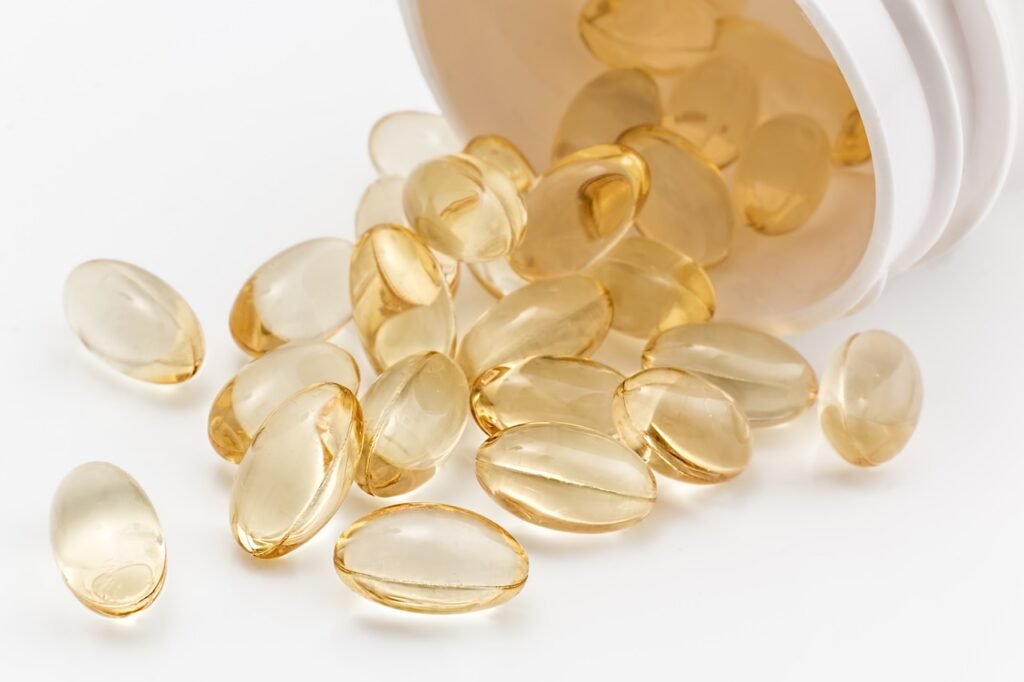
Types of Vitamin K
There are two main types of vitamin K, as follows:
- Vitamin K1 (Phylloquinone)
Vitamin K1 is the primary form, is fat-soluble, and has a very important role in blood clotting during injuries. It is present in plant-based diets primarily. Its deficiency led to impaired clotting factors, resulting in increased bleeding risks.

- Vitamin K2 (Menaquinone)
The other form is vitamin K2, which is synthesized by the bacteria present in the gut. The main source of this vitamin is animal-based diets like cheese, liver, and beef. The main functions of vitamin K2 are bone metabolism and cardiovascular fitness.
Benefits of Vitamin K
- Role in Blood Clotting
The primary function of vitamin K is in blood clotting and wound healing. It plays a vital role in different protein synthesis processes, like factor VII and prothrombin. Both prothrombin and factor VII are important for the coagulation process in animals. The deficiency of vitamin K can lead to serious issues regarding excessive bleeding risks.
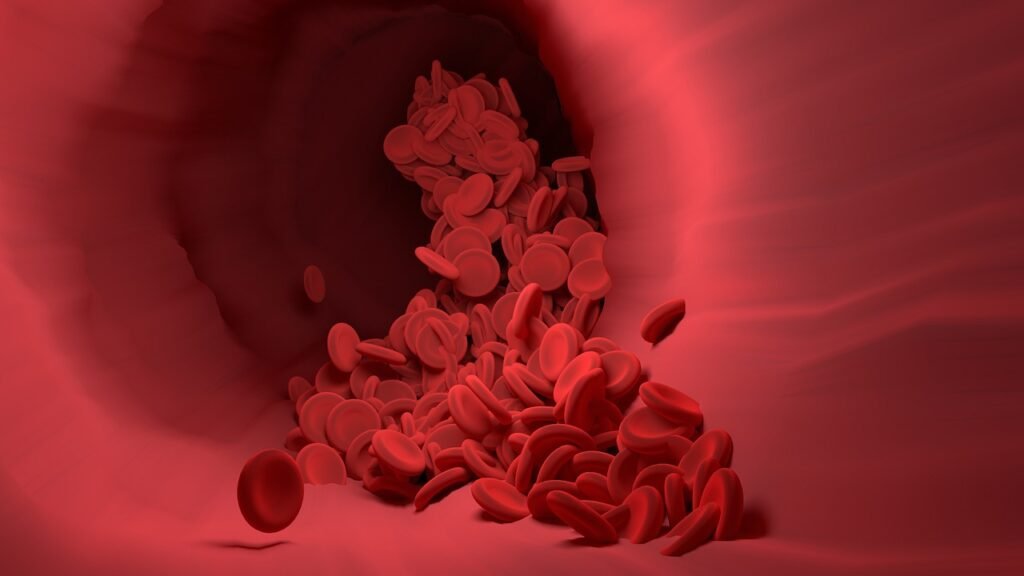
- Contribution to Bone Health
The other main function of vitamin K is to maintain bone health through bone mineralization. Through bone mineralization, different minerals are added to the growth process of the body. It plays a key role in osteocalcin activation, which takes part in bone mineralization, or, in other words, bone formation. So, an adequate intake of vitamin K can enhance bone strength and reduce the chances of bone fractures and breakages.
- Potential Benefits for Heart Health
The third main function of vitamin K is its enhanced benefits for heart health. Recent research gives insights that vitamin K, especially K2, helps to avoid calcification through calcium homeostasis in the arteries and reduces the risk due to blockage. The research regarding the role of vitamin K is not enough to understand in relation to cardiovascular diseases, so more research can uncover more facts about it.

5 Best Vitamin K Foods
Leafy Greens
Leafy greens are the main plant-based vitamin K foods. The excellent sources of vitamin K1 are as follows:
- Kale
- Spinach
- Collard Greens
- Swiss Chard
- Lettuce
The intake of these leafy greens can boost vitamin K concentration in the body to have its maximum benefits.
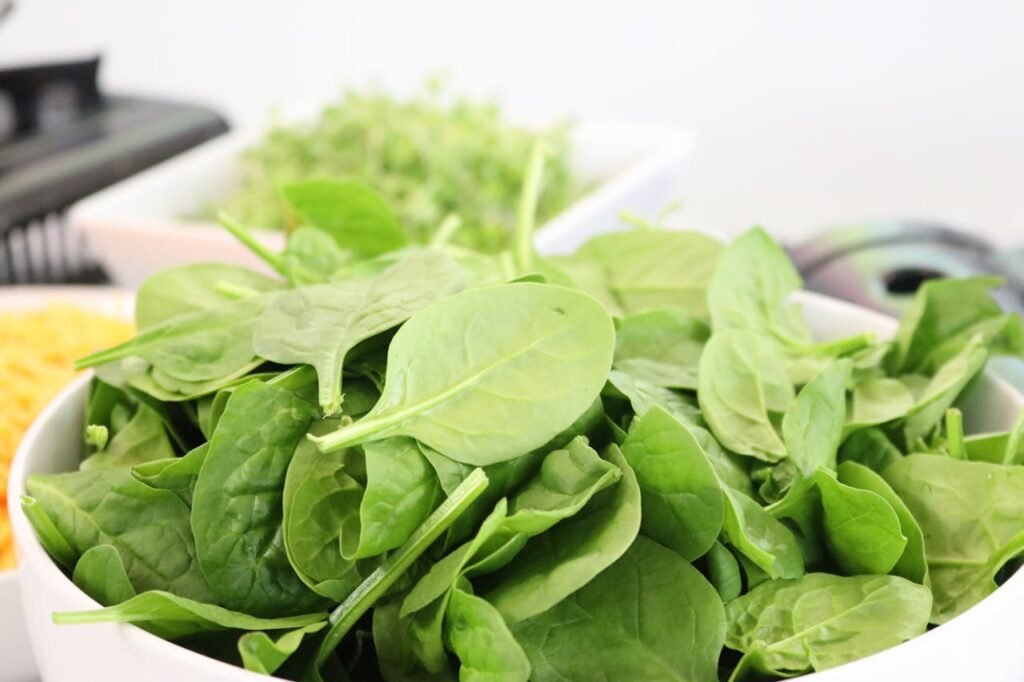
Cruciferous Vegetables
Cruciferous vegetables are also a rich vitamin K foods especially vitamin K1.
- Broccoli
- Brussels sprouts
- Cabbage
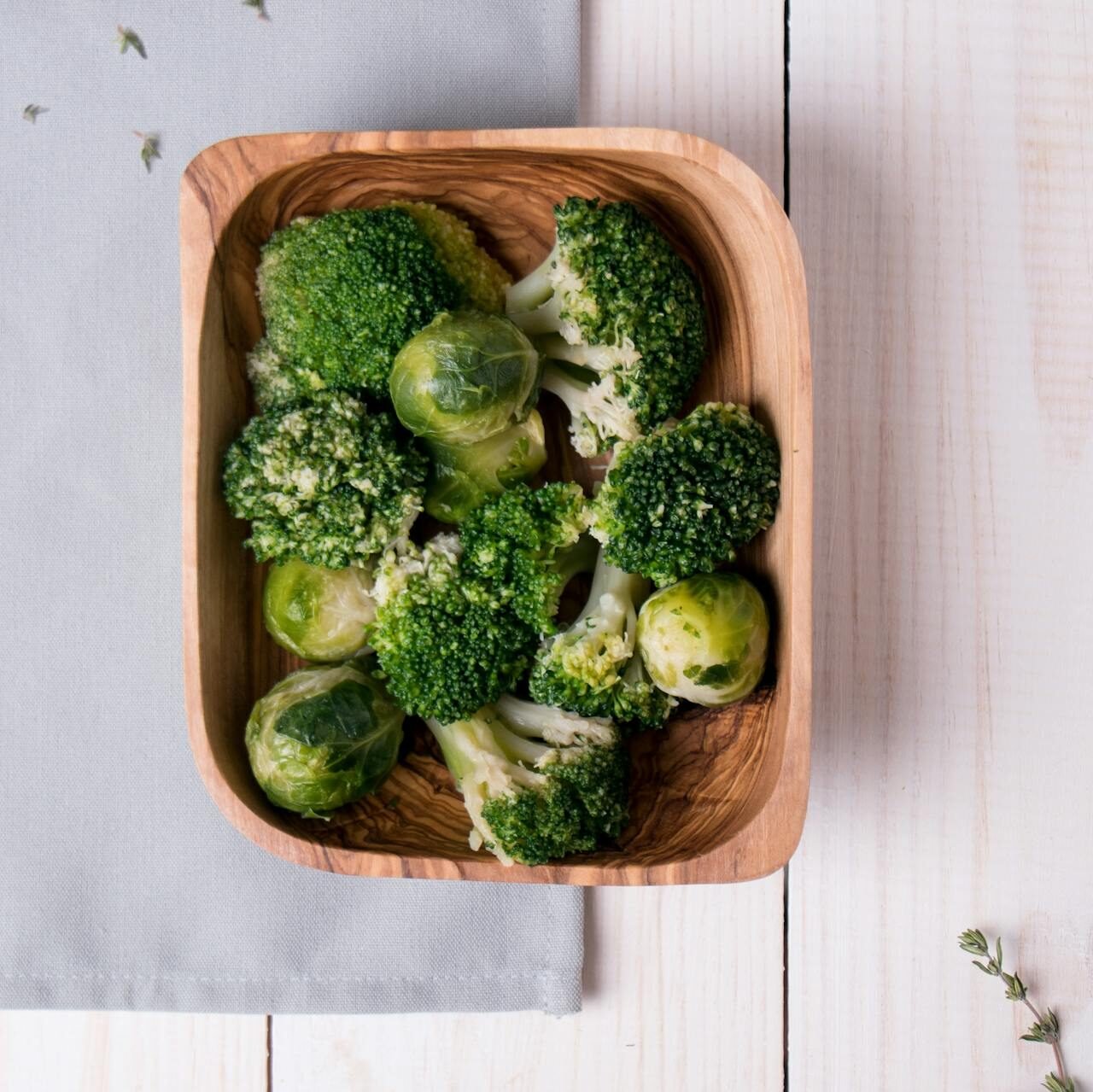
All types of versatile veggies can be taken in raw form, as in salads or steamed, or also in roasted form as a complete meal of vitamin K foods.
Fermented Foods
The fermented products have a high concentration of vitamin K2 and act as probiotic foods.
- Sauerkraut
- Natto
- Cheese
By adding probiotic-rich foods to the daily routine, we can enhance the vitamin K2 amount in the body.

Meat and Dairy Products
Different animal-based diets are also a good source of vitamin K2.
- Liver
- Egg Yolks
- Cheese
The moderate inclusion of these foods can increase the amount of vitamin K in your body, and ultimately, wellness can be achieved.

Other Sources
The other vitamin K foods may include the
- Soybeans
- Prunes
- Green Tea
The above may not have a high concentration of vitamin K, but they are effective in addressing deficiencies.
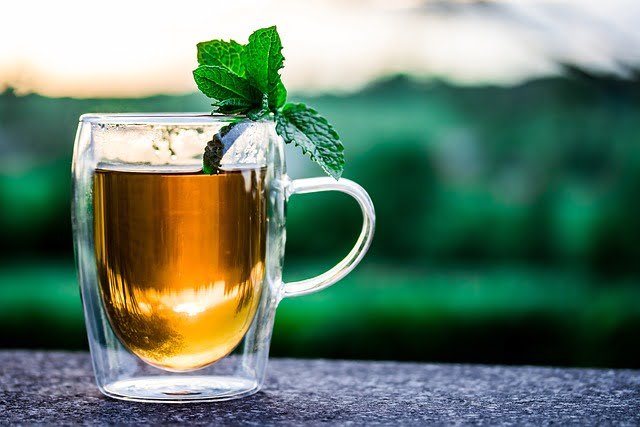
Incorporating Vitamin K Foods into Your Diet
The incorporation of vitamin K foods is very easy, as all the sources are easily available and cheaper. These foods add taste and variety to daily foods and make them healthier. Foods like leafy greens can be added to different salads, stir-fries, and smoothies. Cruciferous vegetables can be eaten as a side dish or as a as a complete meal, like in South Asia, where people use them. Fermented vitamin K foods can also be added to other dishes and liquids to enhance the nutritional value of meals.
Conclusion
It is concluded that vitamin K is an important component of a diet for attaining the overall well-being of the body. The vitamin K concentration in the diet can be enhanced by including leafy greens and cruciferous vegetables. Animal-based foods and fermented foods can also optimise vitamin K for health benefits such as blood clotting, bone metabolism, and cardiovascular activity. The excess of vitamin K must also be avoided, as it causes nausea and diarrhoea. So always seek the help of medical professionals to avoid any side effects.
FAQs
Can I get adequate vitamin K from supplements alone?
Vitamin K supplements are available on the market, but they are not a permanent solution. On a temporary basis, supplements can be taken, but for the long term, dietary habits need to be modified. The inclusion of a vitamin K foods can lead to eradicating vitamin K deficiency on a permanent basis.
Are there any negative effects associated with using an excess amount of vitamin K?
Vitamin K supplements should be used according to recommended doses or through foods. The excess amount of vitamin K can have different effects on the intestine, like diarrhea and nausea.
Can I make vitamin K-rich diets without losing their dietary value?
The conservation of nutrients directly depends on the method of cooking, as boiling can increase the nutrient loss. But if the stir-frying or steaming method can be applied to cooking food, then maximum nutrients can be conserved.
Which groups of people are at higher risk due to vitamin K deficiency?
People with malabsorption and other such medical conditions, or people who are on certain medications with other diseases, are at risk of vitamin K deficiency. So, always consult healthcare professionals when you have other medical issues.
Is vitamin K helpful for skin health?
There is much research revealing the fact that vitamin K is also helpful for skin health. Mainly, it effects wound healing and the disappearance of dark spots, especially eye dark circles.

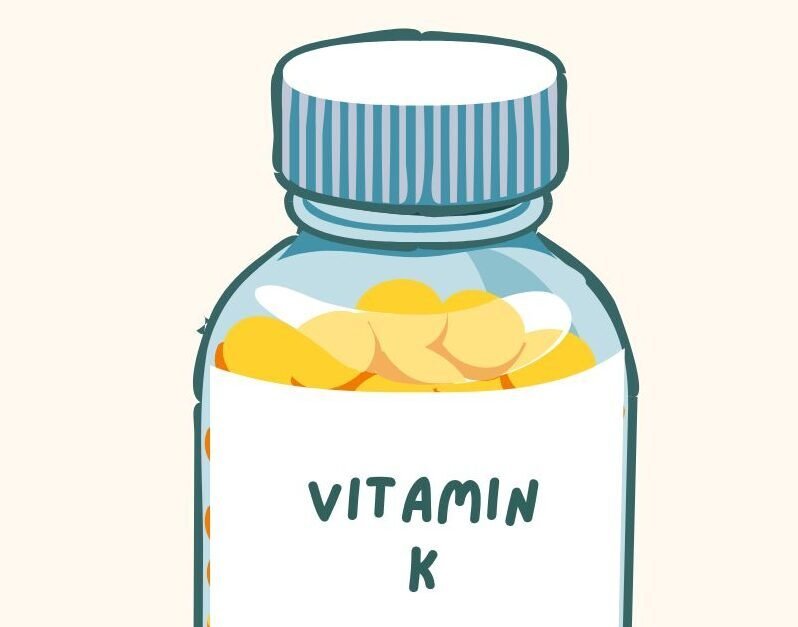
1 thought on “5 Best Vitamin K Foods for Optimal Wellness”